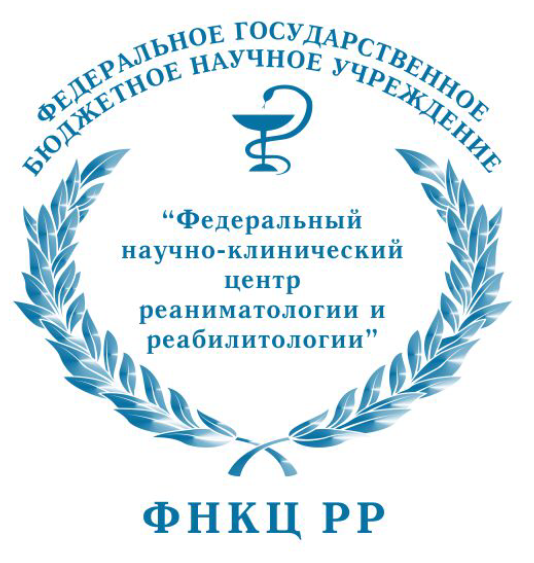
|
ИСТИНА |
Войти в систему Регистрация |
ФНКЦ РР |
||
Wissen, Denken und Gewissheit. Mentale Verben im russischen philosophischen Diskursстатья
Статья опубликована в высокорейтинговом журнале
Статья опубликована в журнале из списка Web of Science и/или Scopus- Авторы: Kuße Holger, Dobrovolʹskij Dmitrij
- Журнал: Welt der Slaven-Halbjahresschrift fur Slavistik
- Том: 67
- Номер: 1
- Год издания: 2022
- Издательство: Verlag Otto Sagner
- Местоположение издательства: Germany
- Первая страница: 1
- Последняя страница: 33
- DOI: 10.13173/ws.67.1.001
- Аннотация: In philosophical texts, the use of verbs of thought and knowledge demonstrate special forms of thought and argumentation. The paper deals with features of philosophical and especially Russian philosophical discourse. General characteristics are subject-relatedness, concept formation, self-referentiality and meta-discursivity. Special features of Russian philosophical discourse are dialogicity and the contrast between the relative and the universal. How these features are realized by mental verbs dumat' ‘to think’, sčitat' ‘to assume’ and znat' ‘to know’ is investigated in major works by Vladimir Solov’ev, Lev Šestov, Nikolaj Berdyaev, Semen Frank, Gustav Špet and Aleksej Losev. The epistemic function (subject-relatedness) can be seen in the different use of znat' by Gustav Špet, Lev Šestov and Nikolai Berdjaev. Špet uses the verb primarily in a factive function. Šestov and Berdjaev impute supposed knowledge to philosophical opponents and contextually suspend factivity. Dumat' is used in a philosophical self-referential or even a meta-discursive function by Šestov, Berdyaev, Frank and Losev to denote the (wrong) thinking of others - often with evaluative adverbs like naprasno ‘in vain’ or obyknoveno ‘usually’. But in many examples the substitution of dumat' by sčitat’ and vice versa is possible. This probably has to do with the polemic use of this words that is particularly pronounced in the writings of Šestov, Berdjaev and Losev. In the polemical text, the fine distinctions between the mental verbs, which signify differences in mental effort and the justifiability of judgments are marginalized.
- Добавил в систему: Добровольский Дмитрий Олегович